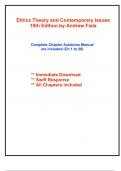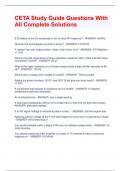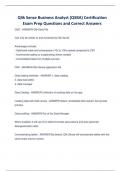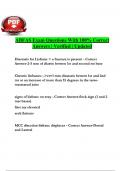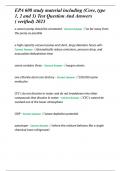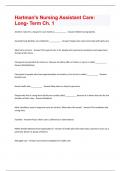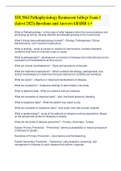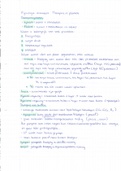Tentamen (uitwerkingen)
Solutions for Ethics Theory and Contemporary Issues, 10th Edition Fiala (All Chapters included)
- Vak
- Instelling
Complete Solutions Manual for Ethics Theory and Contemporary Issues, 10th Edition by Andrew Fiala, Barbara MacKinnon ; ISBN13: 9780357798539. (Full Chapters included Chapter 1 to 20)....1. Introduction to Ethics and Ethical Theory. 2. Religion and Global Ethics. 3. Ethical Relativism. 4. Egoism,...
[Meer zien]
